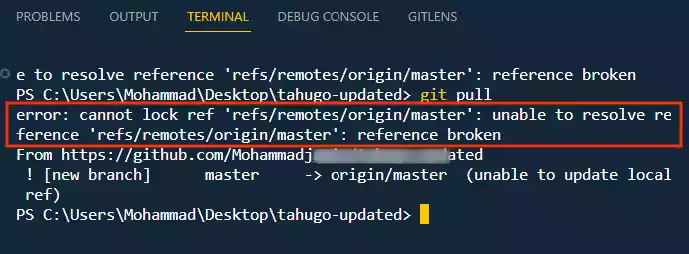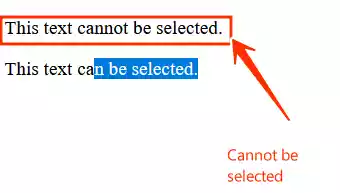Is ChatGPT a Strong or Weak AI?
Artificial intelligence (AI) is a hot topic in today’s rapidly advancing technological landscape.
ChatGPT is one of the most popular forms of AI, and in this article, we will explore its nature and determine whether it can be classified as a strong or weak AI.
Table of Contents
Overview of ChatGPT: A Weak AI
ChatGPT is an extraordinary creation of artificial intelligence. It falls under the category of weak AI, specifically as a large language model (LLM).
Trained on an extensive dataset of text and code, ChatGPT possesses the remarkable ability to generate text, translate languages, create diverse and engaging content, and provide informative responses to user queries.
However, it is crucial to acknowledge the limitations of ChatGPT. Unlike humans, it does not possess an inherent understanding of the world, independent thoughts, emotions, or the capacity to solve problems autonomously.
ChatGPT’s responses are generated based on patterns it has learned from the training data, rather than true comprehension or reasoning abilities.
Read on: Where Does ChatGPT Get Its Data From?
What is Strong AI?
In contrast to weak AI, strong AI represents a theoretical form of artificial intelligence that surpasses human intellectual capabilities.
Strong AI would possess the capacity to reason, solve complex problems, and learn from experiences across various domains, transcending the limitations of specific tasks.
While ChatGPT exhibits impressive language generation abilities, it is far from attaining the status of strong AI.
The development of strong AI requires advancements in cognitive abilities, consciousness, and a comprehensive understanding of the world—an ambitious goal that current AI technologies have yet to achieve.
The Power of ChatGPT as a Tool
Although ChatGPT falls into the category of weak AI, it is crucial to recognize its significance as a powerful tool.
It serves as a testament to the advancements in AI research and has numerous applications in various fields.
From assisting with language translation to aiding content creation and providing informative responses, ChatGPT has demonstrated its value as a versatile and helpful AI assistant.
As language models continue to evolve and improve, there is potential for future iterations of ChatGPT to bridge the gap between weak and strong AI.
With further advancements, it is conceivable that future AI systems may possess the ability to reason, understand context, and tackle complex problems, thereby pushing the boundaries of what is currently achievable.
Wrap Up
As a wrap up, ChatGPT is undoubtedly a remarkable achievement in the field of artificial intelligence.
As a weak AI, it possesses the ability to generate text, answer questions, and perform various language-related tasks.
Nonetheless, it falls short of the capabilities exhibited by strong AI, which would have the capacity to reason, solve complex problems, and possess a comprehensive understanding of the world.
While ChatGPT is a powerful tool in its current state, the quest for strong AI continues. As researchers delve deeper into the complexities of cognition, consciousness, and human-like reasoning, we may witness the development of AI systems that can truly match and exceed human intellectual abilities.
Until then, ChatGPT stands as a testament to the progress made in the field of AI, paving the way for future advancements.
FAQs
- Is ChatGPT capable of independent reasoning? No, ChatGPT does not possess the capability for independent reasoning.
It generates responses based on patterns learned from its training data, rather than true comprehension or reasoning. - Can ChatGPT understand the world like humans do? No, ChatGPT does not possess a human-like understanding of the world.
It lacks the inherent knowledge, experiences, and context that humans possess, limiting its ability to comprehend the world in the same way. - Does ChatGPT have its own thoughts and feelings? No, ChatGPT does not have its own thoughts or feelings.
It is an AI system designed to process and generate text based on its training data, without possessing subjective experiences. - Is there a possibility of ChatGPT evolving into a strong AI? While it is not possible to predict the future with certainty, current iterations of ChatGPT are considered weak AI.
The development of strong AI would require significant advancements in AI research, including the understanding of consciousness and human-like cognition. - What are the limitations of ChatGPT as a weak AI? As a weak AI, ChatGPT has several limitations. It lacks common sense reasoning, context understanding, and the ability to solve problems independently.
In addition, ChatGPT is sensitive to biases present in its training data, which can sometimes result in biased or inaccurate responses. - How can ChatGPT be improved to become a strong AI? To progress towards strong AI, several challenges need to be addressed.
This includes enhancing the model’s understanding of context, improving its reasoning capabilities, and developing systems that can learn and generalize from limited data.
Ongoing research and advancements in the field of AI will play a crucial role in bringing us closer to the development of strong AI systems.





